Depression and anxiety can cause problems for students in school
March 7, 2019
Tigist Ficken
The Mirror
Depression and anxiety are mental disorders that can affect an individual’s ability to concentrate in school, be socially active, and involvement with the community.
In many cases, students dealing with anxiety and depression problems do not address it verbally and instead keep it compressed internally. This habit is neither healthy for the mind nor the body which is undergoing some major physical changes.
Jenessa Reid is an academic counselor at Stevens Point Area Senior High School ( SPASH), said, “ We see kids dealing with depression and anxiety almost on a daily basis to different extents. There are different kinds of depression and there are different kinds of anxiety and these can happen at random days and at different times of days.”
According to Mental Health America, approximately 7.4 percent or 1.8 million youths experienced severe depression in 2017. And sixty percent of those struggling with depression disorders are also untreated, according to 2015 Child Mind Institute Children’s Mental Health Report.
Depression is defined as a mental condition in which one feels discouraged, sad, hopelessness, and unmotivated about life and activities once was enjoyable.
Research indicates adolescents experiencing depression are less likely to graduate and finish school.
Unfortunately, many students and individuals dealing with this type of mental problems find it difficult to speak. These psychological disorders are topics that are serious and schools are providing students the necessary space and specialized counseling to help them deal with the problem.
Depression is often mistaken as a mood swing and signs such as withdrawal, infrequent communication, and isolation are assumed as an “adolescent stage” and the actual problem can be ignored.
Parents and teachers should be in high alert when students grades begin to drop, performance in school start to slip, and isolation from peers and family members is exhibited.
Anxiety is a natural feeling all children and adults experience before a big event or presentation. This type of anxiety is a temporary phase and typically harmless.
Anxiety disorder, however, is more of a severe form of natural anxiety conflicting with individuals lives and interest.
People who have this disorder are disrupted from their daily routines due to nervousness, fear, and shyness. People tend to escape and avoid activities and socialization which are essential components for a healthy body and mind.
Anxiety disorders can affect one and eight children. The research concludes children with an untreated anxiety disorder are at a higher risk to drop out of school, have a substance abuse problem, and engage in violent activities.
Although anxiety and depression disorders are treatable cases, still 80 percent of those with diagnosable anxiety disorder remain untreated.
Often times children conveying signs anxiety disorder may also display symptoms of depression, eating disorders, attention deficit, and hyperactivity disorder. These disorder symptoms may co-occur and sometimes overlap each other.
Mental disorders like depression and anxiety are treatable, and finding methods to reduce the symptoms so students can concentrate on school work is critical.
Reid says, “ finding a comforting environment to talk one-on-one, provide space, and trying coping strategies that we’ve used with other students that may have worked in the past, or looking into something bigger like therapist and counseling.”




















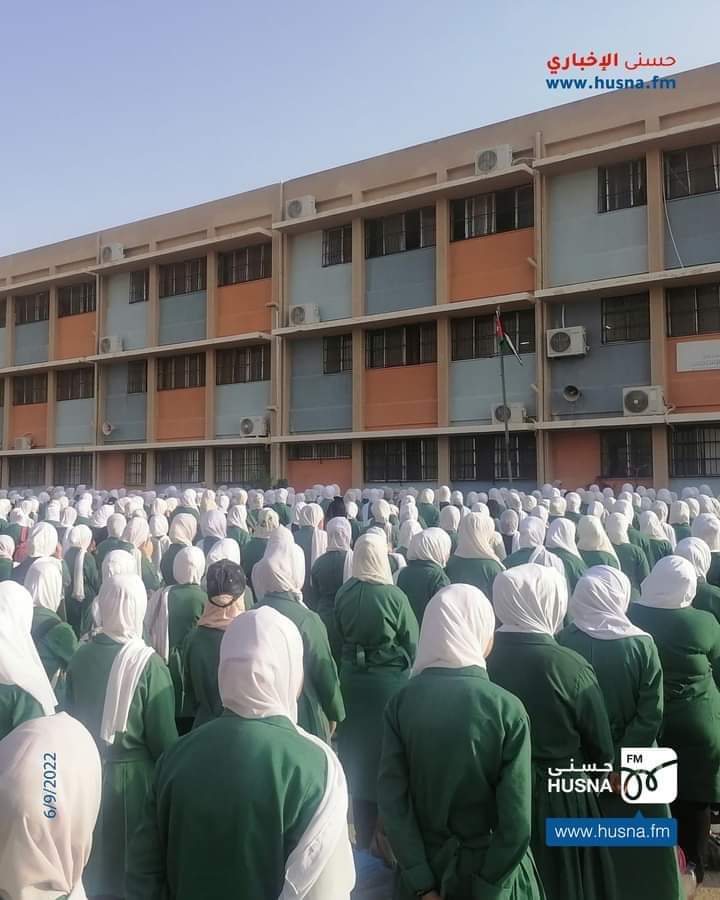





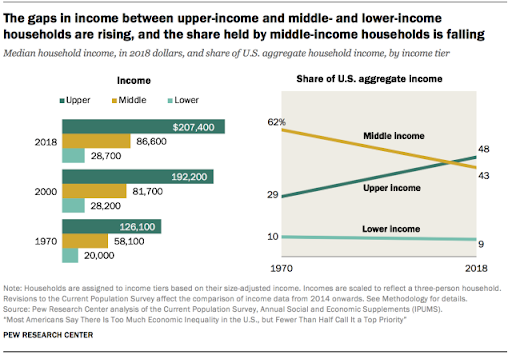
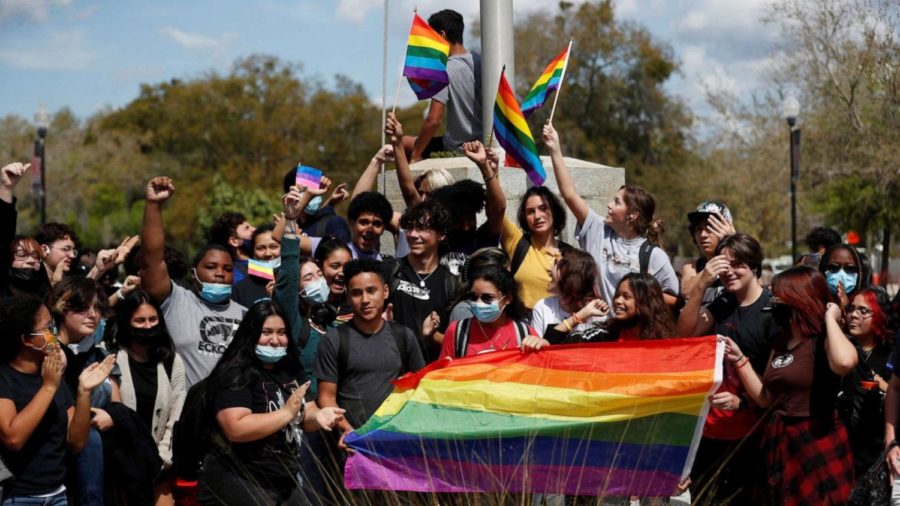










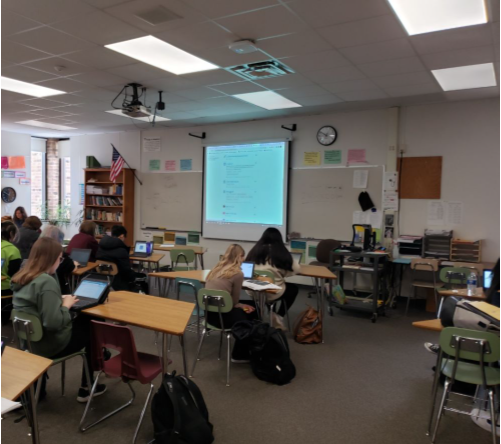
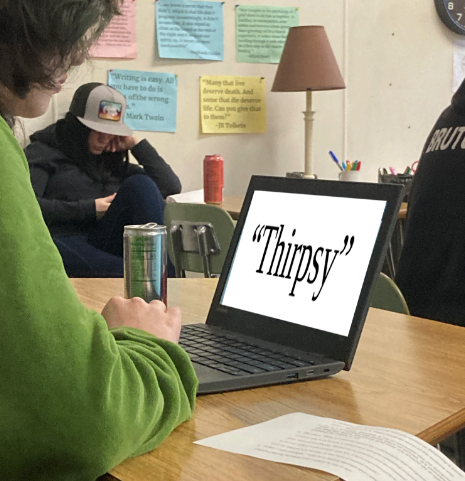







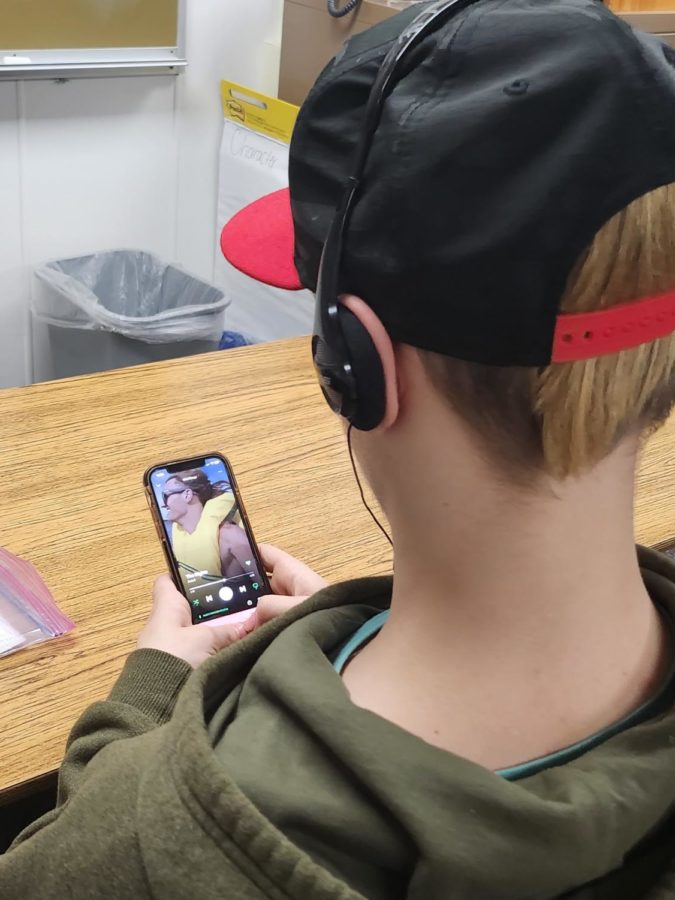








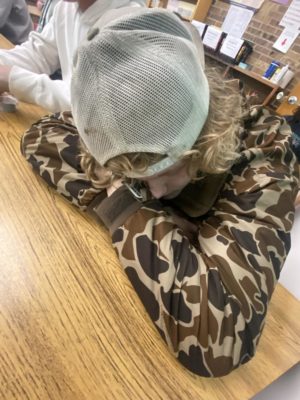


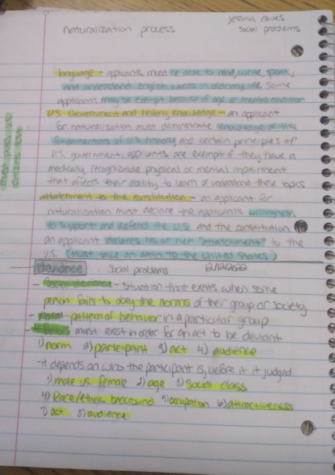
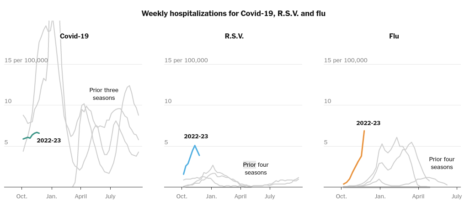
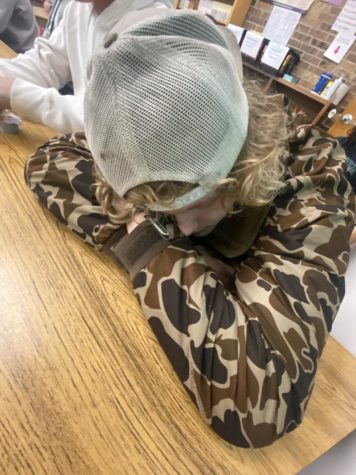


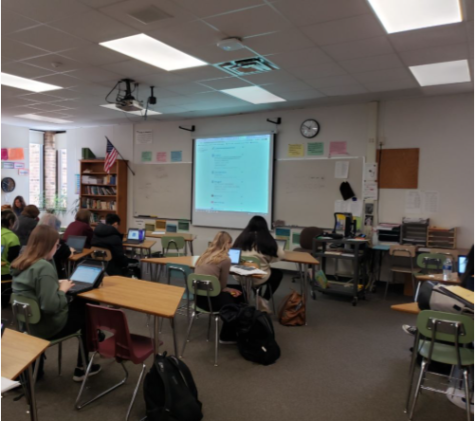
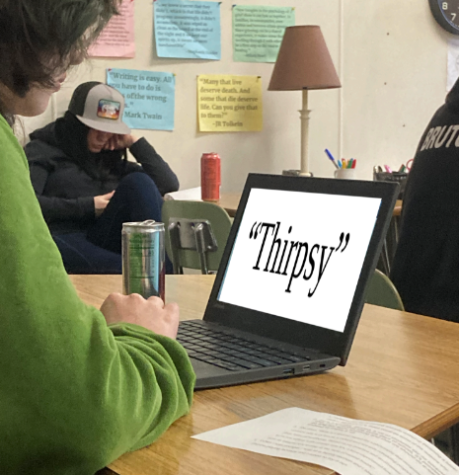
Nick Peotter • Mar 11, 2019 at 2:42 PM
Thanks for bringing attention to this sensitive subject. Its a good thing to raise awareness for especially around this time of year. Great job writing the article.
Naomi Clendenning • Mar 11, 2019 at 2:36 PM
As a mental health advocate, I thought that this article was very well done. There was an abundance of information about many aspects of anxiety and depression that were well researched. Well done!
Liam Glennon • Mar 11, 2019 at 2:16 PM
Very informative and well written. I like how you mentioned some of the signs of depression that might be overlooked.
Ariana Sotelo • Mar 11, 2019 at 2:15 PM
I really thought that this article was interesting! I have friends that are suffering from depression and anxiety so it was interesting and informative to hear about different information about them. I also liked how you added signs for parents to watch out for because knowing can help a lot.